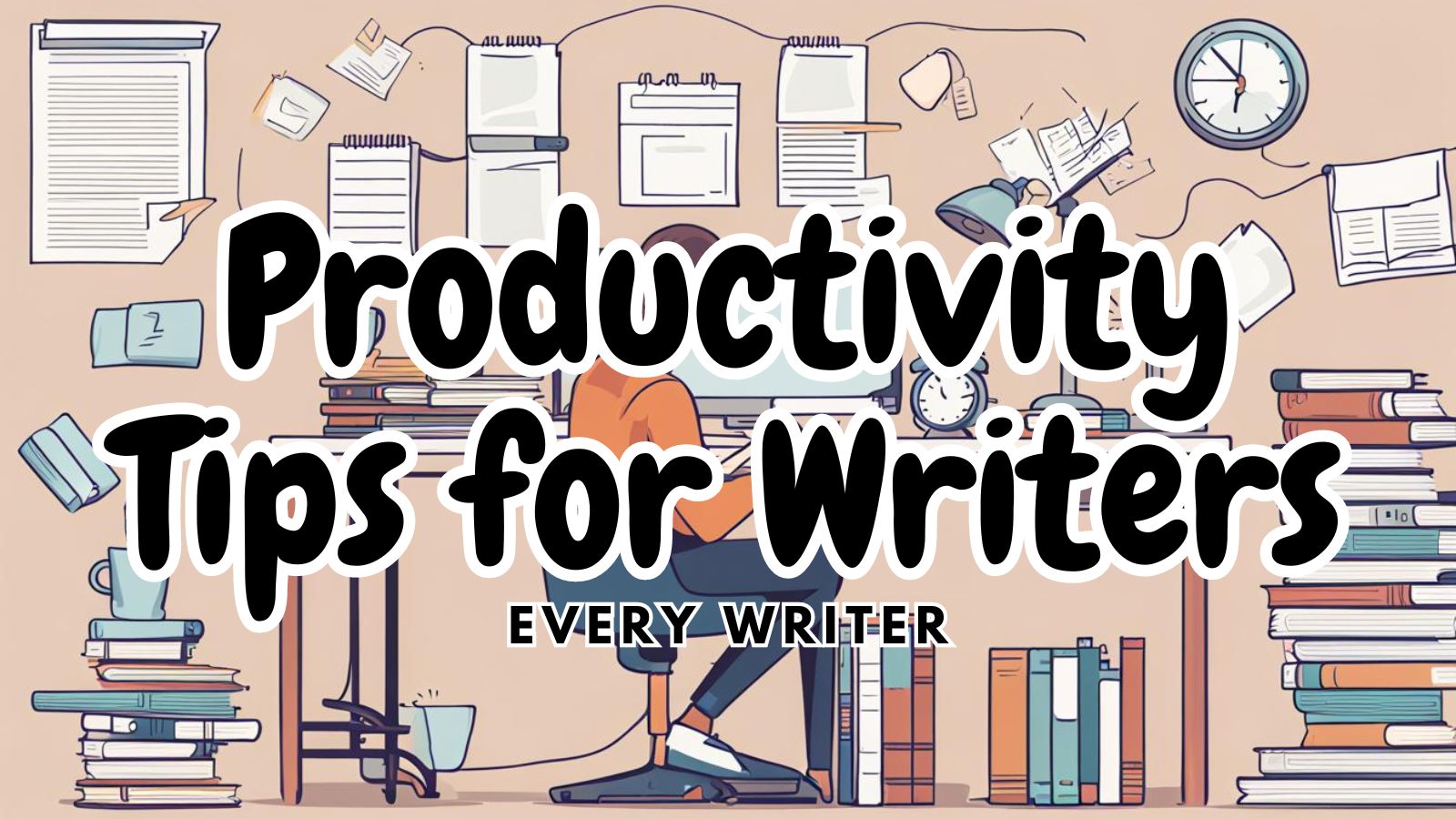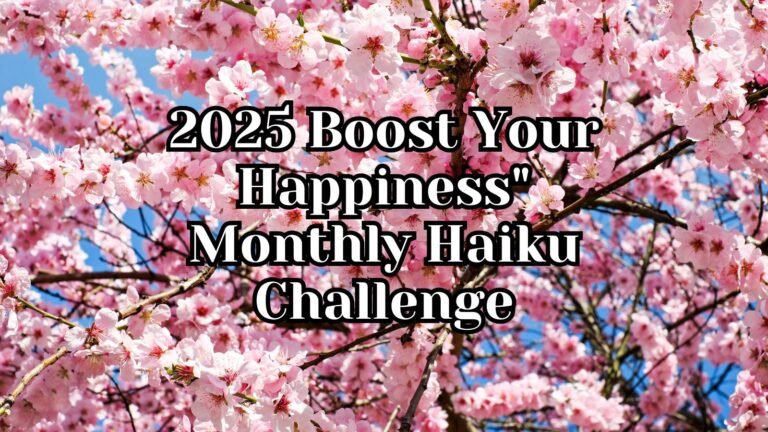
Productivity Hacks for Writers: Tools and Techniques to Write Faster
Productivity Tips for Writers: For writers, productivity is a vital part of the job. Consistent writing at a productive pace allows writers to complete more work in less time, hitting deadlines for publications and clients. Higher productivity means finishing writing projects quickly so writers can move on to the next piece, article, book, or other client work, maximizing earning potential. While writing may seem to outsiders like a simple solitary task, experienced writers know that high-quality writing requires intense focus, tapping into deep wells of creativity, and having the discipline to stick to daily word count goals. It is a challenging process. The writing life is filled with potential distractions, blocks, and procrastination pitfalls at every turn. However, the good news is that writers can Dramatically enhance their productivity by using specific tools, apps, techniques, prompts, and writing habits. There are some incredibly powerful and effective hacks backed by science and extensive trial and error that writers can use to optimize their writing time and boost daily productivity to new heights. Taking advantage of just a few of these clever productivity hacks may transform writers from struggling with output to writing machines who can produce high volumes of top-quality work.
Use Background Noise to Enhance Focus
Many writers assume that complete silence would provide the ideal work environment to maximize concentration. After all, with no sounds or disturbances, what could be more tranquil for focusing? However, scientific studies have surprisingly revealed that gentle background noise can increase concentration and creativity compared to silent environments. Listening to subtle, calming sounds like soft rain, whispering wind, gentle waves lapping the shoreline, or ambient electronic music has been proven to help writers block out external random noises that could break their concentration while improving their overall alertness and ability to focus. The reason likely has to do with sound helping to frame our concentration by limiting competing stimuli while also elevating our arousal level so we don’t become sleepy or distracted as easily. With silence, we remain too open to any fleeting noises that capture our attention unnecessarily. Gentle background noise forms just enough of a sound barrier to prevent irrelevant noises from interfering while keeping our minds alert and engaged. This is likely why creatives ranging from artists to authors have been using a background noise technique for years by playing music, nature sounds, and other ambient noises to help them enter intense flow states of concentration where they can write, paint, or create for long, nearly uninterrupted periods, achieving incredible productivity.
If your writing focus could be boosted, listen to rain sounds, chill music playlists, or other ambient noises as you write. Like generations of creative greats, you may be shocked by how much background audio can improve your writing sessions. The subtle sounds provide just enough sensory input to block distractions while keeping you fully engaged in the creative task.
Hack Distraction By Blocking The Internet
The internet is one of the worst enemies and productivity killers imaginable for writers attempting to enter extended periods of intense focus on their latest project. A writer may sit down, determined to put their nose to the grindstone for a three-hour ultra-productive session. Yet inevitably, after just 10-15 minutes, their willpower begins wavering as the siren call of the web interrupts their concentration. It may start with just quickly checking one social media site, which leads to clicking news links and undoubtedly ends in a full-on internet rabbit hole, scouring videos or diving deep into research tangents. Before the writer realizes it, they have lost an hour distracted online, breaking the precious concentration required for high-quality writing.
Thankfully, tools exist that are specially designed to help writers defeat this common internet distraction quandary. Applications like Freedom and Cold Turkey allow you to temporarily and selectively block the internet, social media sites, email, and other addicting apps for custom periods so you can focus without distraction on the task at hand. By removing the option to open a browser tab and wander mindlessly, these tools force you to direct all your mental energy to writing – no exceptions. They work by cutting off the temptation to check notifications or surf the web precisely when most writers’ willpower typically falters. With the internet unavailable, writers can fully submerge in 20-90 minute intense writing sessions, knowing there will be no online rabbit holes to break the priceless extended concentrations essential for rapid productivity. Then, once your sprint is over, connectivity returns for some well-deserved R&R.
If you want to witness a surge in your daily word count totals, try Freedom or Cold Turkey to ward off digital distractions. By hacking internet addiction, you ensure writing stays your top priority.
Optimize Writing Sessions With The Pomodoro Technique
The human brain was not built to focus and concentrate intensely for extended periods without breaks. Concentration and creativity operate like a muscle – working hard over time leads to fatigue until we rest and recover. This natural mental rhythm has led to the growing popularity behind the Pomodoro writing technique for harnessing these patterns to boost productivity.
The Pomodoro technique divides work efforts into 25-minute intense sprints focused solely on writing, followed by 5-minute breaks. This start-stop cadence works perfectly with our brain’s natural cycles of exertion and renewal. The timer allows you to immerse fully in a writing session, knowing you will soon have a short respite. Combined with other strategies like internet blocking, the 25-minute Pomodoro writing sprint allows you to repeatedly enter intensive creative states without distractions, achieving flow and hammering out words at a rapid-fire pace. Then, once the timer dings, reward yourself with 5 minutes to stand up, stretch, walk around, hydrate, or refresh your mental energies before starting the next productive sprint.
By aligning writing sessions directly with our biological and mental patterns using a simple timer app, the Pomodoro technique gives your productivity an effortless boost while making the writing process more enjoyable and sustainable in the long run. Alternate between 25 minutes of intense, focused output and 5 minutes of whatever recharges you before diving quickly into the next writing spree.
Spark Creativity By Writing Offline
In an age of computers, writing by hand may need to be updated. Yet composing with paper and pen provides surprising benefits. Writers are rediscovering and writing by hand, which fires up different neural networks and parts of the brain associated with learning, memory, and idea production compared to typing on keyboards. The more intricate movements of writing activate the motor sensory brain regions, establishing deeper connections and boosting overall comprehension, retention, and creative thinking.
Writing the analog way also inherently prevents the common phenomenon of editing your words simultaneously while trying to record a first draft. The stop-start process hampers flow and causes writers to obsess sentence by sentence instead of swiftly getting words on the page. By removing immediate deletion options, handwriting frees writers to power through an initial draft without pausing, triggering enhanced creativity, idea connections, and tapped imagination.
If you feel stuck in an overly self-critical editing loop when attempting to compose directly on laptops or need help to capture your thoughts quickly enough to keep up, try switching to a classic pen and paper format. Scribble hard and fast to draft your next article, story, or piece, allowing your ideas to spill freely onto the page without limitations. Transcribe the text later. You may be surprised by the fresh concepts and creative directions generated compared to digital means. Sometimes, the classic methods are the most powerful when activating our brains and gaining productive writing momentum.
Set Daily and Weekly Word Count Goals
One of the best ways for writers to dramatically increase their productivity is by setting daily and weekly word count goals. Having concrete writing goals and metrics to hit gives each session a clear purpose and deadline. It tangibly tracks progress and output.
Start by determining realistic word count objectives based on your current capability and schedule. If new to daily writing, initially aim to hit 500 words per session. As this becomes consistent, increase it to 750, 1000, or 2000+ words per daily session over time. Track a weekly word count goal, such as 10,000 or 20,000 words over 5-7 days.
Set mini-goals to tick off as the writing session progresses – such as completing 250 words in a Pomodoro sprint. Celebrate verbally or with a small treat every time you hit another target. This trains your brain to release dopamine upon milestone achievements, keeping motivation and momentum high. Steadily increase your daily and weekly goals over the coming months to systematically build your writing stamina, speed, and confidence.
With sustained practice hitting ever more ambitious word counts, writers build their output capacity like athletes in training. Daily and weekly writing goals provide a structured system to drive results and measurable improvement. Soon, you will become a prolific powerhouse capable of commanding your creative direction and earning potential.
Apply These Powerful Writing Hacks To Unlock Prolific Output
The writing life can appear glamorous and effortless from the outside, but producing high volumes of high-quality work requires structure, discipline, and proven techniques for amplifying creative flow. The above strategies, including blocking distractions, handwriting drafts, setting output goals, and leveraging focused sessions, are science-backed powerhouse hacks that dramatically boost writer productivity. They provide actionable systems for those committed to increasing their daily word counts and overcoming writer’s block.
While no shortcut to skilled writing exists, implementing just a handful of these researched tactics and devices will help pump up your output, speed, and earning potential over time. Start with the most accessible methods like internet blocking apps and background noise to limit interruptions during work times and tangible daily writing objectives and timed writing spurts to frame sessions. Then, gradually adopt additional techniques that align with your approach. Maintaining consistency with these output-enhancing hacks is critical to cultivating long-term prolific creative flow.
The future is abundantly bright for those willing to run the marathon and incrementally apply an expanding toolkit of field-tested writing best practices. Consistently hitting higher output marks using these methods can systematically transform emerging creatives into elite professional writing machines capable of increasing income through writing prowess. The path to prolific authorship is now more apparent than ever. Time to put these hard-hitting productivity hacks into action! We hope these tips help, and we have many more on our site.
- The Writer’s Roadmap: Embracing Outlining (Free Worksheet Included!) - April 15, 2025
- A Complete Guide to the Hero’s Journey in Storytelling (Free Worksheet) - April 10, 2025
- On Literary Criticism by Ambrose Bierce - April 9, 2025




